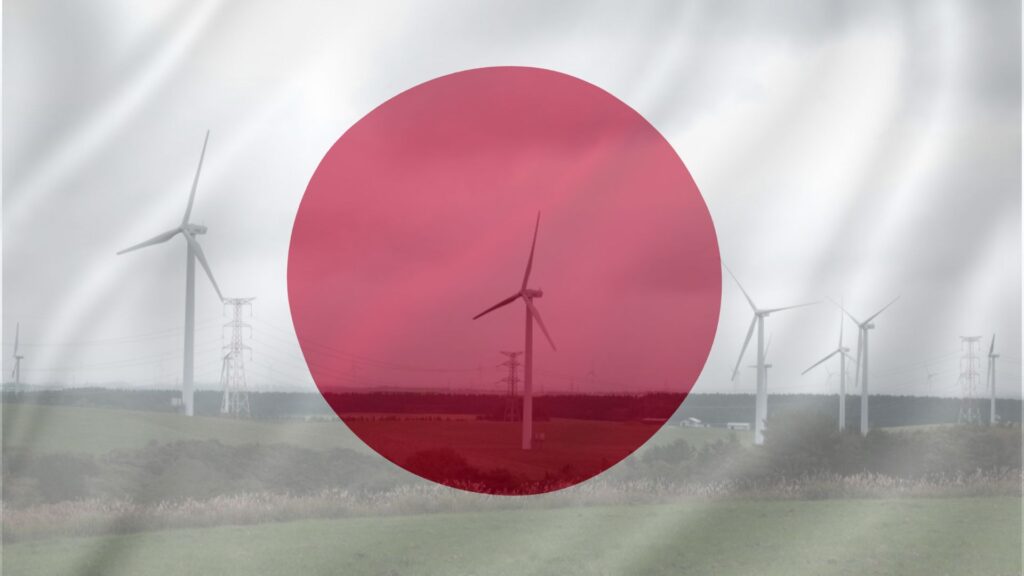Japan’s Steady Approach to ESG Investing Gains Momentum Amid Global Uncertainty

- ESG investments in Japan are booming, doubling sustainability bonds to ¥6.7 trillion in 2023.
- Japan’s moderate ESG regulations help avoid the anti-ESG sentiment seen in the U.S. and Europe.
- Japan’s pragmatic approach to green finance positions it as a key player in Asia’s sustainable transition.
Environmental, social, and governance (ESG) investing is thriving in Japan, contrasting sharply with global trends where ESG momentum is slowing. Japan’s balanced approach has made it more attractive to corporations and financial markets, ensuring its sustainability in the long term.
“The trend in Japan is clearly different from the global one. The pace has not slowed down,” said Yasunobu Katsuki, Senior Sustainability Strategist at Mizuho Securities. Japan’s sustainability bond market doubled from 2021 levels, reaching ¥6.7 trillion in 2023, according to the Japan Securities Dealers Association.
Japan’s ESG boom is partly driven by the country’s 2020 pledge to achieve net zero greenhouse gas emissions by 2050. “I believe it has passed the tipping point,” Katsuki added, highlighting the impact of this clear target on corporate actions.
Unlike the U.S. and Europe, where ESG faces growing political pushback, Japan has adopted a middle-ground strategy. This has insulated it from the anti-ESG sentiment brewing overseas. “Japan has not been doing anything radical that would spark opposition to sustainability, so I don’t think the situation will turn out like it has in the U.S. or Europe,” noted Makiko Hashizume, an expert in ESG and sustainable finance at the Japan Research Institute.
Japan is also leading with innovative financial instruments like the world’s first sovereign “transition bonds,” introduced in February 2024. These bonds fund diverse projects to accelerate Japan’s net-zero shift. The government aims to draw ¥150 trillion in green investments, including ¥20 trillion from transition bonds over the next decade.
Globally, ESG investments have faced setbacks. Morningstar reports that only 170 new sustainable funds were created in the first half of 2024, down from 325 in the same period in 2023. The U.S., in particular, has seen states pass anti-ESG legislation, with companies increasingly distancing themselves from ESG branding.
Europe, too, has seen its ESG momentum falter due to rising concerns about inflation and living costs. “Regulations were only getting stricter,” said Hashizume, noting the frustration among European businesses.
Japan, by contrast, continues to move forward with its unique approach, focusing on pragmatic solutions rather than imposing strict regulations. Katsuki emphasized the importance of Japan’s strategy, stating, “Climate change, biodiversity, and human rights have become global agenda items, so I don’t think the movement will backpedal.”
Related Article: Norges Bank Investment Management Urges Alignment of Japan’s Sustainability Disclosure Standards with Global ISSB Guidelines
Japan’s strategy, particularly its Asia Zero Emission Community initiative, has drawn attention from Southeast Asian nations, many of which depend heavily on fossil fuels. “Japan may have been a bit slow, but its approach has succeeded in containing opposition,” Hashizume concluded.
As Japan positions itself as a leader in sustainable finance, its ESG market’s future appears bright, offering a potential model for other regions navigating the complexities of ESG investing.












